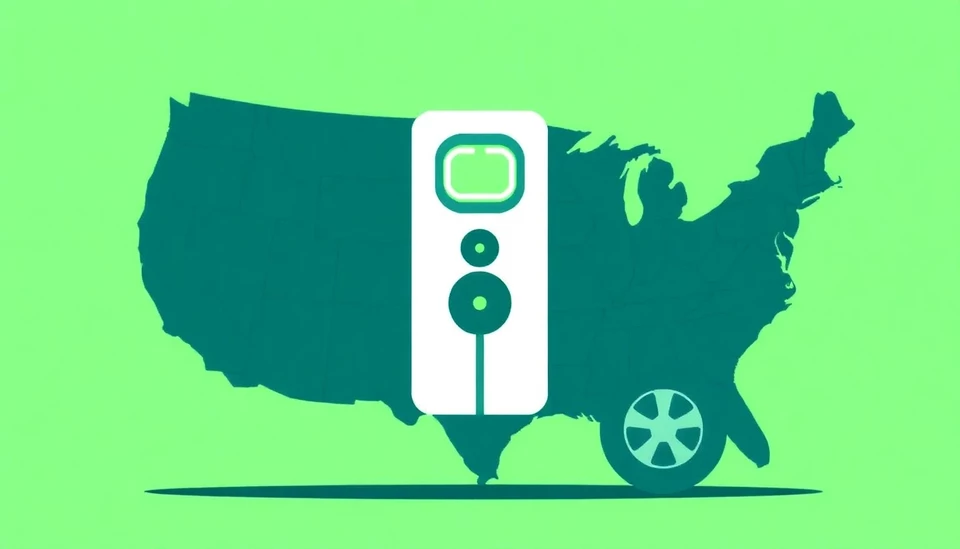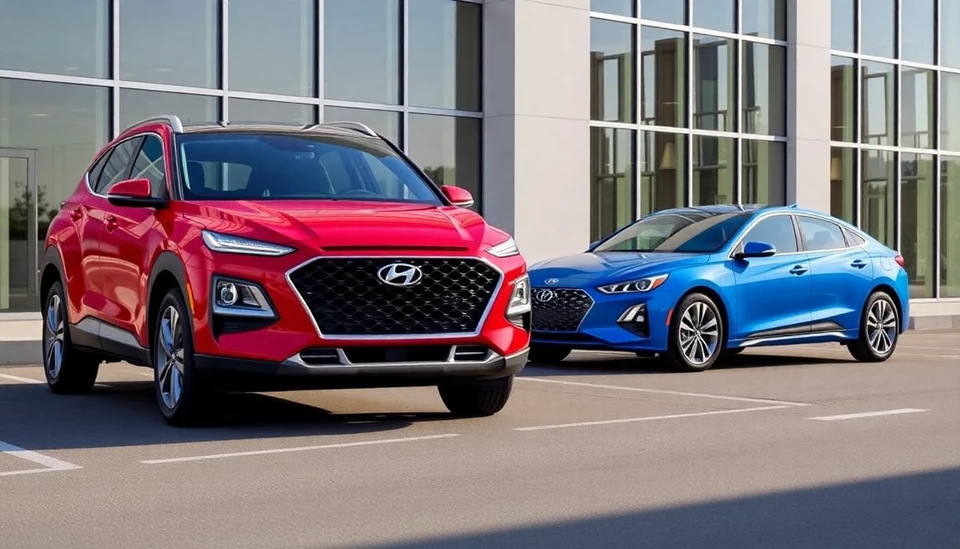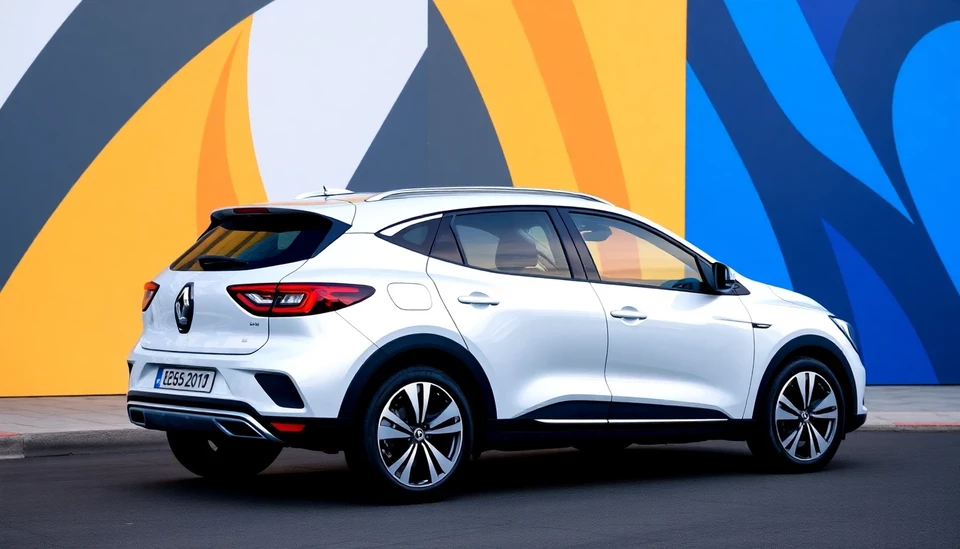
In a bold move that contrasts sharply with the previous administration's stance on electric vehicles (EVs), several U.S. states are stepping up to offer generous incentives for EV adoption. This initiative is rooted in a broader commitment to combat climate change and transition towards sustainable energy solutions. With a slew of policies now on the table, states are presenting a compelling case for consumers to consider switching from traditional gasoline-powered vehicles to electric alternatives.
California, as a poignant leader in this endeavor, is significantly amplifying its efforts to pivot its transportation sector towards electrification. The state has unveiled substantial tax credits, rebates, and financial incentives aimed at making electric vehicles more accessible to a wider audience. These measures not only bolster consumer interests but also align with California’s ambitious goal of achieving carbon neutrality by 2045.
Other states are following California's lead, with a variety of programs tailored to support their respective populations. For instance, New York has positioned itself as a prime candidate for electric vehicle investments, offering similar incentives alongside a robust charging infrastructure expansion. This concerted effort underscores a regional shift towards EV adoption, as policymakers recognize the dual benefits of reducing emissions and stimulating economic growth through green technology.
Automakers are also taking notice of these incentives, with many planning to ramp up their electric vehicle offerings. Companies that once hesitated are now investing heavily in electric technologies, drawn by the promise of state-backed rebates and a burgeoning market for sustainable vehicles. By aligning themselves with consumer preferences, these manufacturers are likely to gain a competitive edge in the evolving automotive landscape.
Despite support from various state governments for electric vehicles, resistance still exists at the federal level, where discussions around sustainable transport have been contentious. Under the previous administration, a clear opposition to expanding government-backed EV incentives left many consumers and manufacturers uncertain about the future landscape of electric mobility. However, the current drive from states demonstrates a growing disconnect, as local governments take proactive steps to mitigate climate impact regardless of federal policy direction.
The surge in EV incentives is accompanied by an increasing awareness of the climate crisis and the role transportation plays in it. Public demand for cleaner options continues to rise, prompting many states to prioritize EV frameworks as part of their long-term environmental strategies. This momentum is indicative of a significant cultural shift towards more sustainable living practices and a recognition of the urgency required to confront global warming.
While the road to widespread electric vehicle adoption is still lined with challenges, the commitment displayed by numerous states is paving the way for a new era of transportation in the United States. If current trends continue, the landscape of both the automotive industry and global environmental efforts may change dramatically, setting a precedent for other nations to follow.
#ElectricVehicles #EVIncentives #SustainableTransport #ClimateAction #California #NewYork #GreenEconomy #AutomotiveInnovation #CombattingClimateChange
Author: Peter Collins




